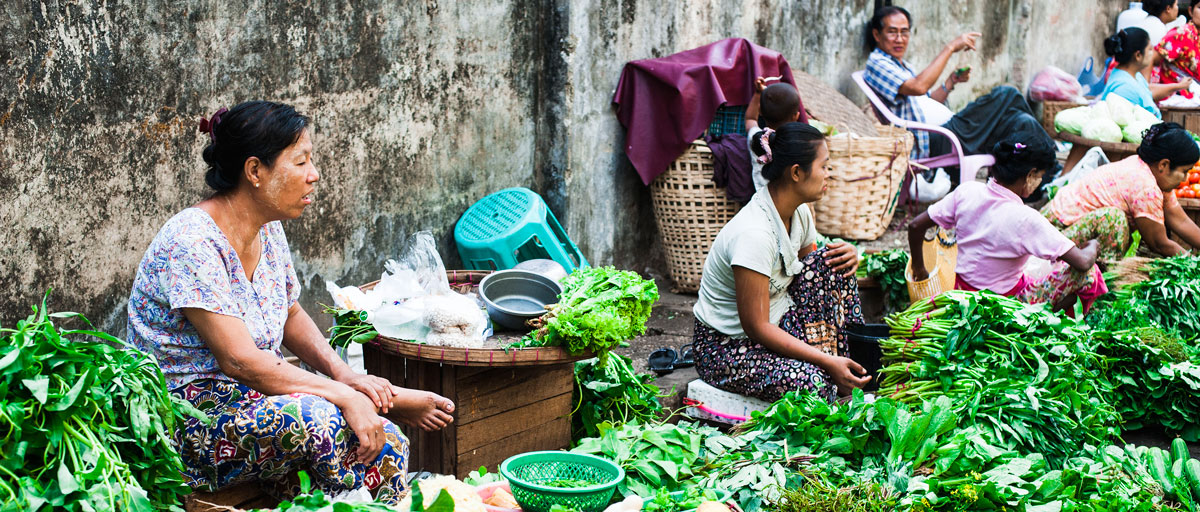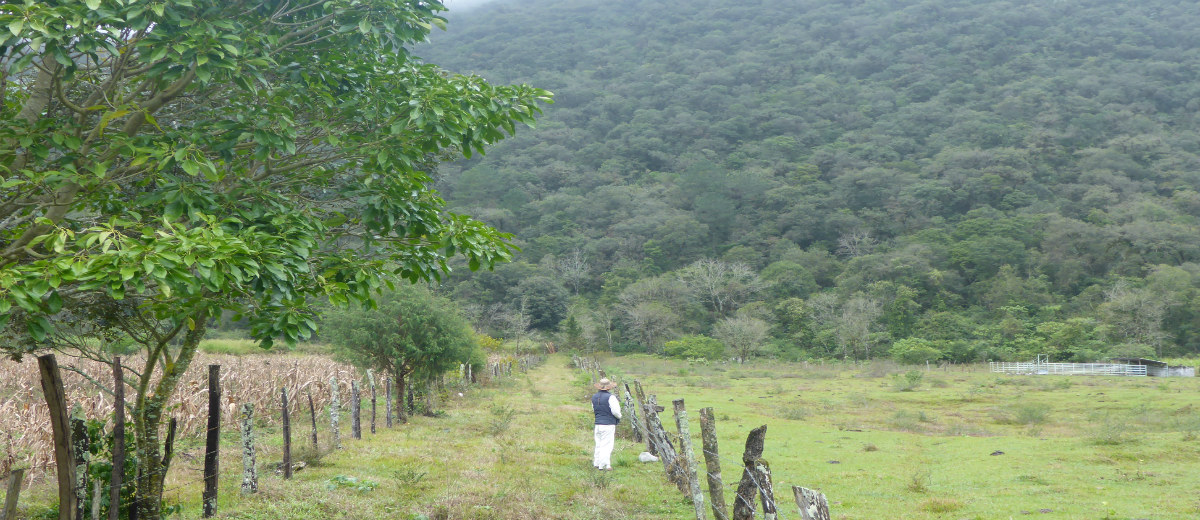
Biodiversity is necessary for enjoying a broad range of human rights such as provision of food. In turn, human rights such as access to information is necessary for engagement in biodiversity conservation. This is the message from various experts consulted ahead of a new UN report on human rights and sustainable use of biodiversity. Photo: M. Edström/Azote
biodiversity
Why protecting and using biodiversity is a human rights issue
Centre contributes to UN expert consultation on human rights and sustainable use of biodiversity
- Biodiversity is necessary for enjoying a broad range of human rights such as provision of food. In turn, human rights such as public participation and access to information are necessary for strong engagement biodiversity conservation
- Centre researcher took part in a UN expert consultation on how to clarify pathways for safeguarding human rights whilst maintaining healthy ecosystems and biodiversity the issue
- A report on the issue will be presented at the 34th session of the UN Human Rights Council in March 2017
They are not often thought of in the same context but they make perfect sense to consider together. Biodiversity and human rights are closely intertwined.
The diversity of all forms of life on our planet and ecosystem services such as provision of food, pollination of crops and fulfilment of people’s cultural life are necessary for enjoying a broad range of human rights such as right to food, right to health and cultural rights. In turn, exercising human rights, such as public participation, access to biodiversity-related information and access to justice in cases of non-compliance with biodiversity regulation are necessary for a stronger engagement of a diversity of individuals and groups for the conservation and the sustainable use of biodiversity and ecosystems.
Providing expert input to the UN
That is also the message from centre researcher Claudia Ituarte Lima, who took part in a UN expert consultation by the UN Special Rapporteur on human rights and environment on how to clarify pathways for safeguarding human rights whilst maintaining healthy ecosystems and biodiversity the issue. The consultation was organised by the UN Human Rights Office of the High Commissioner in cooperation with the UN Environment Programme (UNEP) and the International Development Law Organisation (IDLO).
"Biodiversity is a human rights issue," says Ituarte Lima. She argues that "just as biodiversity and healthy ecosystems are key for enjoying human rights exercising human rights is also key for biosphere stewardship". It is hence an intertwined relationship. At the Stockholm Resilience Centre she leads the project "Effective and Equitable Institutional Arrangements for Financing and Safeguarding Biodiversity". She is also closely affiliated with Swedbio, a knowledge interface on resilience and development which is based at the Stockholm Resilience Centre.
Together with more than 30 experts from international institutions and civil society organizations, Ituarte Lima contributed to the preparations of the thematic report on human rights and biodiversity that will be presented at the 34th session of the UN Human Rights Council in March 2017.
Since the Convention on Biological Diversity came into force in 1993, there has been growing recognition of the connections between biodiversity and human rights, including the rights to life, health, food, livelihood, water, housing, culture. However, the relationship between human rights and biodiversity remains unclear.
Examining gaps and obligations
In the consultation, the experts examined legal frameworks, identified gaps and discussed how human rights obligations in biodiversity policies and programmes are implemented in practice at various levels such as at the national, local and municipal levels and by different government bodies such ministries of environment, agriculture and mining. The role of international organization and non-state actors was also discussed. They also engaged in dialogue for clarifying heightened obligations of States in protecting individuals and groups who are in a vulnerable situations. These include people in rural areas who directly depend on biodiversity for their survival and hence are especially vulnerable to restrictive access to biodiversity and biodiversity loss.
"Since my research addresses multilevel environmental governance and how the dynamics between local, national and international legal systems support or inhibit transformations for sustainability and environmental justice, it's a great opportunity to contribute my experience and share insights in UN processes in the law, policy and practice interface," Ituarte Lima says.
Following the expert consultation there was a public consultation which was open to States, International Organizations, National Human Rights Institutions, members of civil society organizations, academics and all other interested in which Dr. Claudia Ituarte-Lima also participated.
The High Commissioner for Human Rights (OHCHR) provides assistance to Governments, such as expertise and technical trainings in the areas of administration of justice, legislative reform, and electoral process, to help implement international human rights standards on the ground.
Claudia Ituarte Lima is an international public lawyer with experience in both multilateral and community-based environmental initiatives. She leads the research project "Effective and Equitable Institutional Arrangements for Financing and Safeguarding Biodiversity". The project’s legal approach combined with socio-economic perspectives aims to bring new light to new challenges in equitable biodiversity governance.







